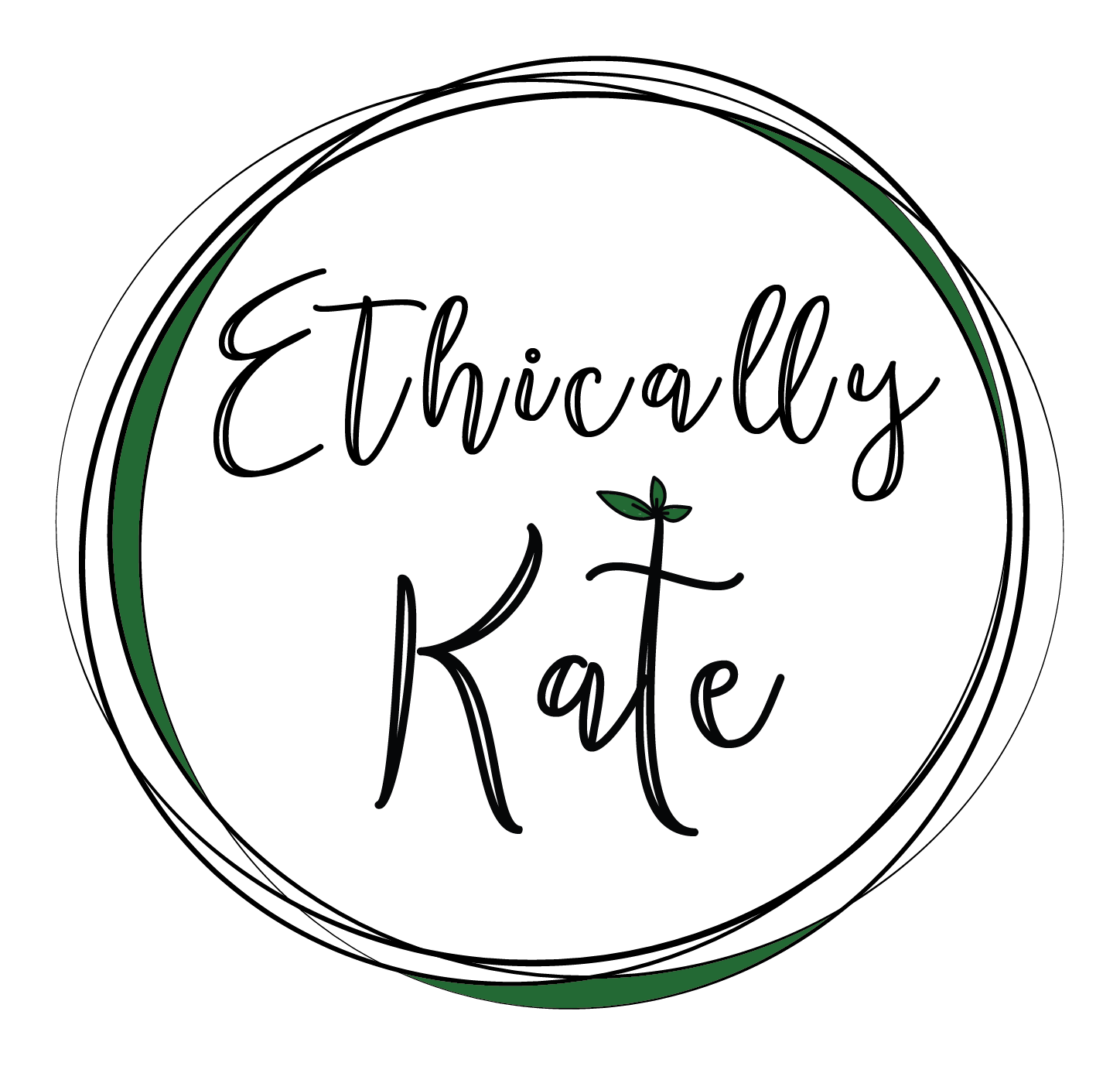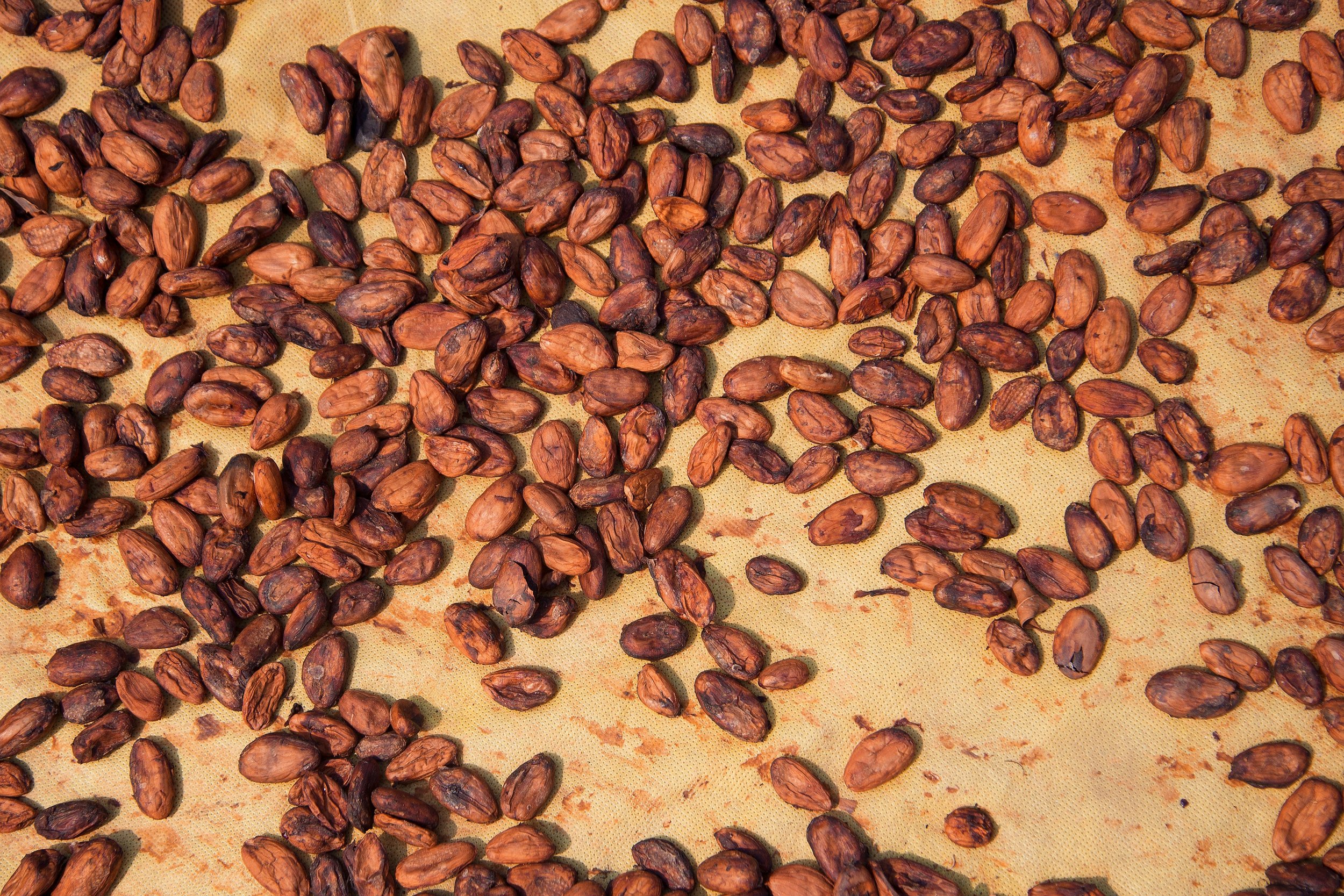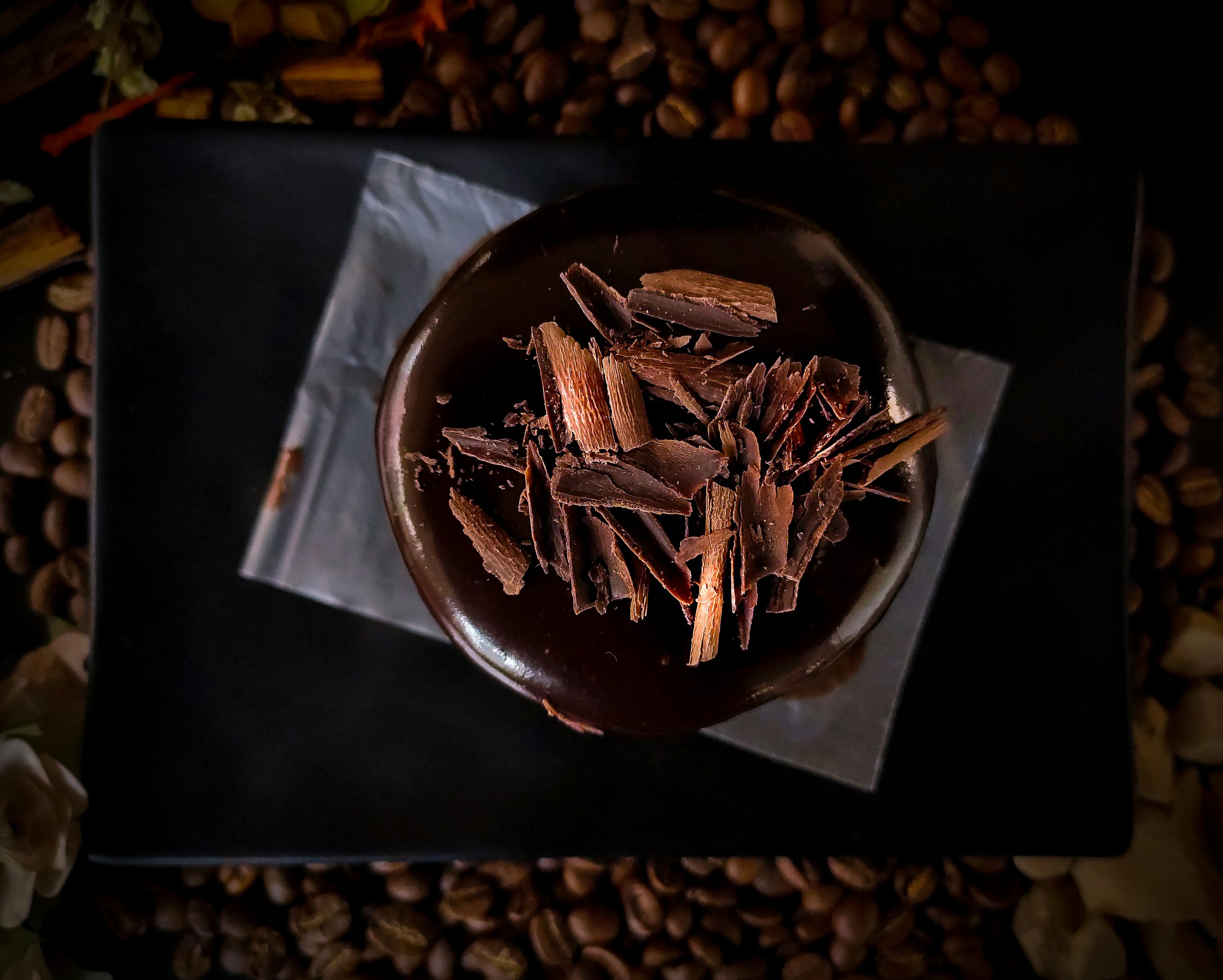How Ethical Is Your Chocolate And Should We Be Buying Fairtrade?
I have never trusted people who don’t like chocolate. Luckily most people I know adore, no, CRAVE the sweet goodness that the brown squares bring to their taste buds. Chocolate is one of the most liked commodities of this world, but unfortunately for us chocolate lovers, there is a lot of smoke and mirrors in the industry. It is an industry built on slavery.
Questions around where chocolate comes from have only been brought up in the past 10 years. Most people don’t care to think about who made their chocolate or what the heck is in the delicious nectar they sneak from the pantry while no one is looking. With Christmas on the horizon, I’ve made it my mission to expose the chocolate industry and ensure the truth behind the bars is accessible to all chocolate consumers.
I’m simply a chocolate consumer, so I called on expert extraordinaire Luke Owen Smith to help navigate us through this chocolatey mess. Luke is a chocolate expert, journalist and enthusiast, a judge at the New Zealand chocolate awards, and former owner of The Chocolate Bar (one of his favourite origins is Vanuatu). Stef (my researcher), Luke, and I have highlighted the main issues of the chocolate industry and made a list of brands in Aotearoa New Zealand who are leading the way in ethical chocolate production. You’re about to find out that buying ethical chocolate is not as simple as spotting a certification. Like most things, it’s complex and there is a lot to learn.
The main issue with mainstream chocolate
I was surprised to hear that the vast majority of chocolate companies in New Zealand do not make their own chocolate! Many companies buy ready-made chocolate and do different things with it. In New Zealand, the chocolate purchased is often Barry Callebautt; a Belgian-Swiss cocoa process and chocolate manufacturer with an average annual production of 2.2 million tonnes! Picture this: African beans shipped to Europe to be made into chocolate, then shipped to us in New Zealand to have a few flavourings added, packaged, and sold on our shelves. This seems ridiculous when we have some of the world’s best beans growing next door in the Pacific Islands.
Another issue we’re all familiar with these days is greenwashing. Brands use words and terms to pretend their chocolate is something it’s not. This means chocolate wrappers are confusing and hard to understand. Greenwashing is an issue with industrial makers like Whittakers, but also with smaller chocolate companies who make themselves look like ethical and sustainable brands, but use cheap and unethical chocolate. For example, Bennetto is very popular within the ethical/sustainable crowd in NZ, yet people don't realise it's made in Switzerland (this is not to takeaway from the good Bennetto do, but it’s a strong example of things people don’t think about).
Does Fairtrade mean anything when it comes to ethical chocolate?
Firstly, let’s recap what Fairtrade chocolate means. Fairtrade has a system that defines a ‘fair price’ based on what they calculate the farmers need to cover the sustainable costs of production. They award the ‘Fairtrade’ mark to those companies who pay $2400USD per metric tonne ($2700USD for organic cocoa), which is roughly 10% on top of current commodity market value. You also have to be a co-op* to get the Fairtrade certification. This rules out a large number of farmers that are independent and doing amazing things but do not have co-op status. Like most certifications, the Fairtrade criteria also costs money to be part of (an ongoing cost independent growers may struggle to afford) and favours regions like South America, where co-ops are common, but not the Pacific Islands, where independent setups are more common (as of writing, there are 17 cooperatives in the Pacific who are Fairtrade certified).
So, the answer to the question “Does Fairtrade mean anything?” is: it’s complicated. It's an improvement, but we can do better. We need a complete rethink of the system as the commodity price of chocolate is vastly lower than it should be.
Buying Fairtrade chocolate can feel like ‘charity chocolate’ - paying a bit more because it's the right thing to do, rather than a price based on quality. There are plenty of craft brands that are far more ethical than some that have received the Fairtrade certification. Transparent information is often more trustworthy than the certification. Buying from ethical chocolate companies that are smaller scale, local, and have direct trade models where farmers have more voice is the best way to go.
*Cooperatives receive an extra sum of money that doesn’t go to individual farmers but instead goes to their cooperatives. The whole cooperative community vote once a year on how this money should be spent to improve the economic, environmental, and social circumstances of the community.
For chocolate lovers who don’t know where to start:
Craft bean-to-bar chocolate is always your best bet. I’m talking about small-batch bean-to-bar chocolate makers. Craft chocolate is undoubtedly the way to go when looking for sustainable, high quality, ethical chocolate. Though not all craft chocolate is ethical and sustainable, the chances are it has been handmade somewhere not far from you with a lot more thought than most other bars on the shelf. And even though the chocolate industry is only 5% craft chocolate, that number is quickly growing!
Are there replacement fats? Anything with palm oil is not high quality - it’s a low-quality fat. Look for cacao butter only.
A chocolate bar should cost you around $10 or more. If it costs less than $10 it is probably not as high quality or ethical as it could be. Anything under $10 usually means either the farmers are not being paid well or you are compromising on quality.
Transparency. If a maker is saying where the beans are from and naming the farmer, that's a good sign. You are never going to see that in mainstream chocolate. Transparency about the process, such as sourcing the beans and knowing where the beans are being roasted and turned into chocolate, allows us to trust the company. Looking at their social media or website is a great place to start. Foundry is one of many great examples in terms of the level of transparency.
The Fairtrade Certification: Fairtrade has good intentions and there are certainly positives (plus their high level advocacy relating to the international price of cocoa and human rights is beneficial to the industry). It is better than other options but it has not succeeded in doing what it originally set out to do. It works within a system that is fundamentally broken and unfair.
Chocolate Is The New Wine!
I realise $10 for a bar seems ludicrous. But our chocolate expert, Luke, would argue that chocolate is the new wine. In fact, he says it’s a better treat than wine because it is accessible to everyone. It’s detailed in flavour and origin, slightly political, and it is something for everyone to share. People expect to pay upwards of $30 for a good wine, but still reach for the cheap chocolate under $10. There is little to no appreciation for the craft of good ethical chocolate. Chocolate has become something we all expect to access ridiculously easy - at the cost of the livelihoods of others.
“One of the biggest barriers that consumers face is breaking attachments to chocolate. It is nostalgic. Unlike alcohol or coffee you develop taste for as adults, it is something that reminds us of our childhood so we don’t often seek higher quality versions of it. Sometimes we just want fat, sugar, and memories. Instead, I recommend taking a bit more time with it. Craft makers take a lot more time; it takes days to do what mainstream chocolate producers do in hours. So, taste it consciously, give them that time back, get excited about focusing on it, and melt it in your mouth. Ask yourself, do the flavours change over time? Can I figure out what origin this is? Chocolate is not a sideshow to a movie, it's the main event! Savour it just like you would savour wine.” - Luke.
The Future Of Chocolate In Aotearoa New Zealand
Craft chocolate is growing rapidly in Aotearoa New Zealand and we want to see that continue. There are so many amazing makers here! It is still a small movement with just 4-5 well known craft brands, but there is so much potential. We would love to see more support, more media attention, and celebrities to promote the craft. Ideally, we would see more local small makers in mainstream consumer spaces (some supermarkets like New Worlds, Morewilsons and Farro Fresh are already leading the way!) and better consumer understanding of what's on the shelves to appreciate quality over quantity. Chocolate has the potential to become an industry understood to the same level that wine is; where people know about varieties, flavours, and regions of origin.
We, as a country also have a unique opportunity to be known for the Pacific Island origin, and high quality, bean-to-bar chocolate on a global stage. Just as we are known for Sauvignon blanc, we could be known for our ethical chocolate. Half of the NZ based craft chocolate makers are already using Pacific Island beans!
A list of NZ bean-to-bar craft chocolate makers...
Baron Hasselhoff's (part b2b, part Trade Aid couverture)
*The Cacoa Ambassador deserves a special mention for their work in this space too!
Note: We know many people will surprised to see Tony’s is not on this list. Tony’s have their bars contract-made on their behalf by Barry Callebaut in Belgium - one of the biggest chocolate manufacturers in the world and a deeply unethical company. They’re slightly better than the likes of Nestlé, Mars or Cadbury, but their chocolate certainly isn’t slavery free.
Just like that open bar of chocolate you left in your car that melted all over the seat… the chocolate industry is messy. It’s hard to know who to trust and what to buy, plus we haven’t even touched on the topic of unsustainable chocolate packaging! But regardless of the complexity, we can all do better.
Use the ethical chocolate lover list above, savour bites instead of stuffing mouthfuls, and reimagine chocolate as the craft it truly is, instead of a cheap food to binge on.



